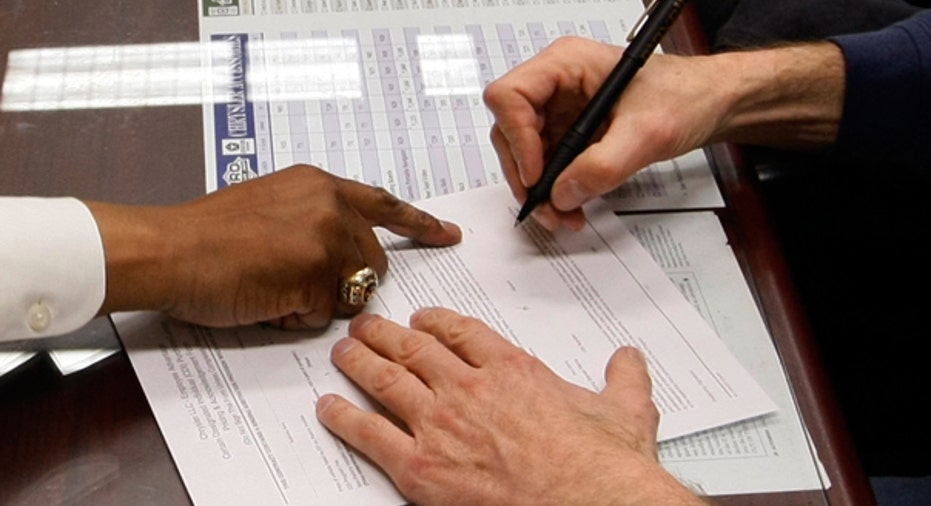How to Write Off Bad Debt

Every tax season I’m asked, “I loaned my 16 year old $10,000 to buy a car and she can’t pay me back. Can I write that off?” or “I loaned my friend $5,000 to open a business. His business went belly up and he can’t repay me. Can I write that off?”
Sometimes the answer is yes, and sometimes the answer is no.
Let’s start with the basics:
1. In order to write off a bad debt, you must have proof that the transaction was indeed a debt and not a gift. The IRS considers “loans” to your minor children as gifts making the ensuing bad debt not deductible. So the answer to the first question is no.
2. There are two types of bad debts: business (from operating your business) and non business.
3. The debt must arise from cash out of your pocket, or in the case of business, bad debts must have been included in income.
4. You must have a basis in the debt. In other words, the debt must arise from funds you parted with, not from something you expected to receive. For example, you cannot claim a bad debt deduction for court-ordered child support not paid to you by your former spouse. If you are a cash basis taxpayer (most individuals are), you pretty much cannot take a bad debt deduction for unpaid salaries, wages, rents and similar items.
5. The debt must be deemed completely worthless and reasonable steps must have been taken to collect on the debt.
To determine if a debt can be written off, consumers should pretend they are sitting across from an auditor defending a deduction on the tax return. Proper defense involves having proper documentation. The first thing to do when engaging in any business transaction is to create a paper trail. If you are lending a friend $5,000 to open a business, have your friend sign a promissory note and pay your friend with a check, inscribing “business loan” on the memo line-- this is the first step to defending a future bad debt on your tax return.
If you have already made the bad loan, there are other ways to prove the transaction was a debt and not a gift. Hopefully, you lent the money via check or money order and have a cancelled check or receipt to prove the loan amount. A letter from the recipient apologizing for the inability to repay would help as would a successful lawsuit filed against the person with no ability to collect.
Non-business bad debts are reported as short-term capital losses on Schedule D of your tax return. They are subject to the capital loss limitation, which means you cannot deduct more than $3,000 per year. Anything in excess of that amount is carried forward to future years until it is used up.
According to IRS Publication 550, for each bad debt consumers need to attach a statement to the return that includes:
*A description of the debt, including the amount, and the date it became due;
*The name of the debtor, and any business or family relationship between you and the debtor;
*The efforts you made to collect the debt; and •>Why you decided the debt was worthless. For example, you could show that the borrower has declared bankruptcy, or that legal action to collect would probably not result in payment of any part of the debt.
Business bad debts include loans to clients, suppliers or business loan guarantees. These are taken as business losses and reported on Schedule C if you are a sole proprietor or on your business income tax return if your entity is other than a sole proprietorship.
Co-signers beware! If you guarantee a debt that becomes worthless, you cannot take a bad debt deduction for your payments on the debt unless you can show that either your reason for making the guarantee was to protect your investment, or that you entered the guarantee transaction with a profit motive. If you make the guarantee as a favor to friends and do not receive any consideration in return, your payments are considered a gift and you cannot take a deduction.
Bonnie Lee is an Enrolled Agent admitted to practice and representing taxpayers in all fifty states at all levels within the Internal Revenue Service. She is the owner of Taxpertise in Sonoma, CA and the author of Entrepreneur Press book, “Taxpertise, The Complete Book of Dirty Little Secrets and Hidden Deductions for Small Business that the IRS Doesn't Want You to Know,” available at all major booksellers. Follow Bonnie Lee on Twitter at BLTaxpertise and at Facebook.



















